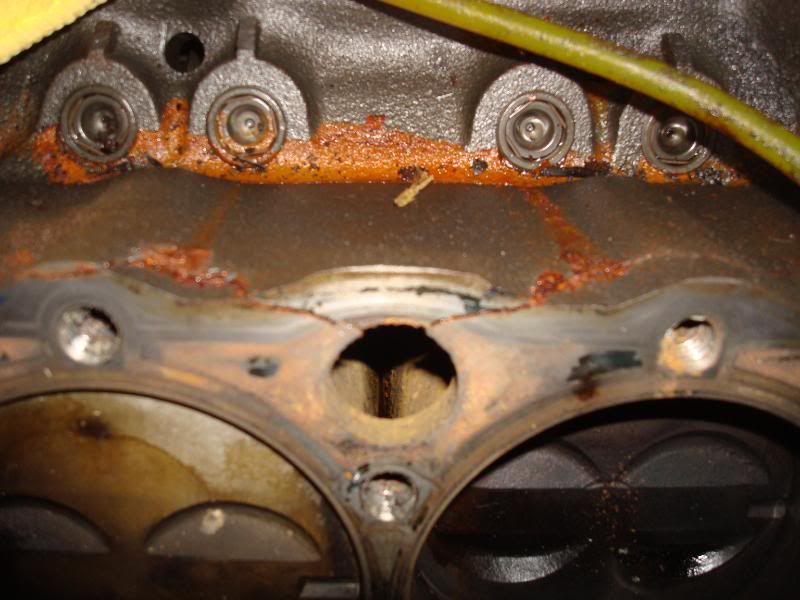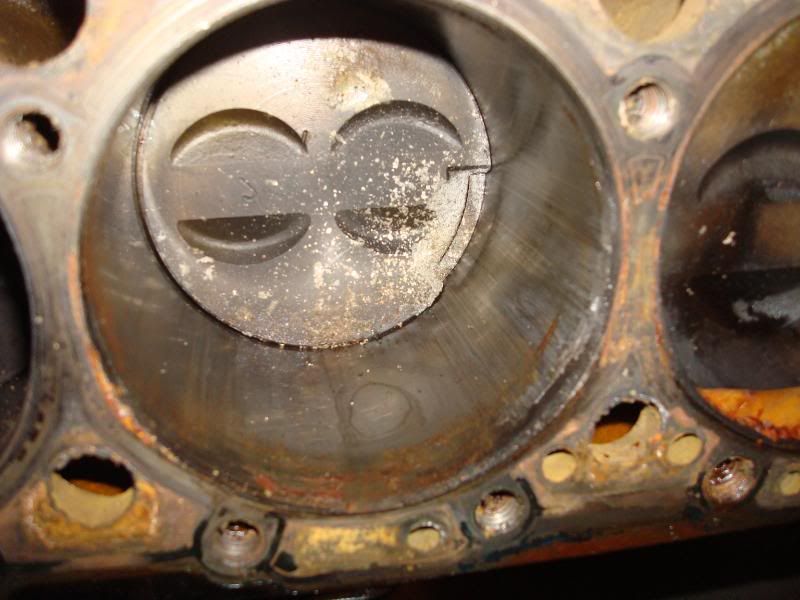Having a very bad day...I just received a phone call from the Marina and what we thought was a starter turns out to be water in the cylinders?? They want to pull out the entire engine and send it to an engine shop.
We went out on the water two weekends ago and the engine alarm came on and it the temp got to only 200 before I shut it down. Limped back to the marina let it cool and started it again...no problems, no over heat, figured it was a bag or something. So last weekend I cleaned out all of the strainers, etc and decided to go out for the day again. No enigne start? Figured it was a starter? Now my marina is telling me there is water in the cylinders. They drained the engine, changed the oil and started her back up and no problems, until they shut down and water starter flowing in the engine. Their advice is to pull the engine and send out? Is this correct? Is there any common problems to check first? If they pull the engine could there be any future problems after reinstalling?
Boat is a 2004 320 with 350 mag V drives. It has a raw water cooling system.
Any help would be appreciated...
Jason
We went out on the water two weekends ago and the engine alarm came on and it the temp got to only 200 before I shut it down. Limped back to the marina let it cool and started it again...no problems, no over heat, figured it was a bag or something. So last weekend I cleaned out all of the strainers, etc and decided to go out for the day again. No enigne start? Figured it was a starter? Now my marina is telling me there is water in the cylinders. They drained the engine, changed the oil and started her back up and no problems, until they shut down and water starter flowing in the engine. Their advice is to pull the engine and send out? Is this correct? Is there any common problems to check first? If they pull the engine could there be any future problems after reinstalling?
Boat is a 2004 320 with 350 mag V drives. It has a raw water cooling system.
Any help would be appreciated...
Jason




